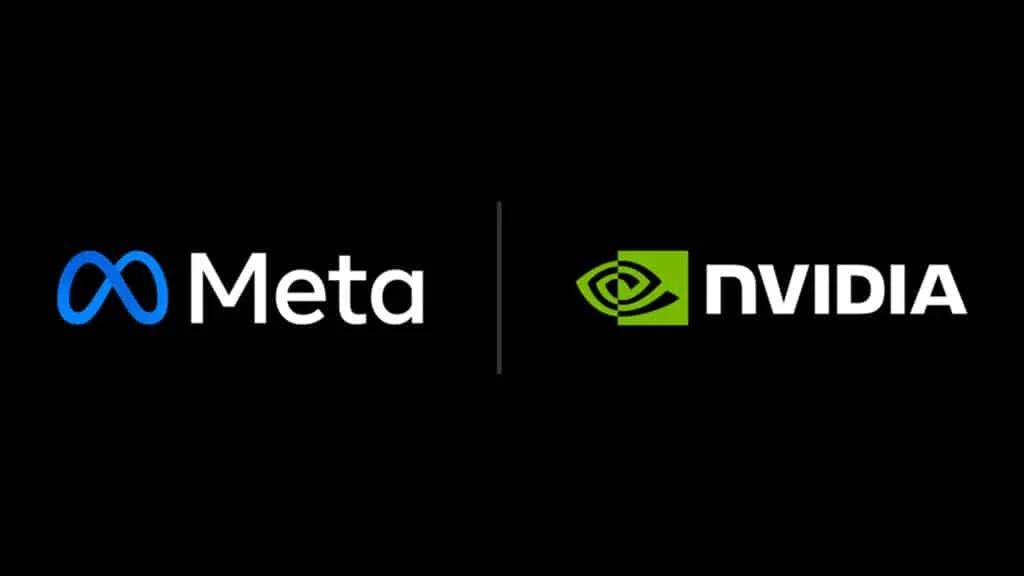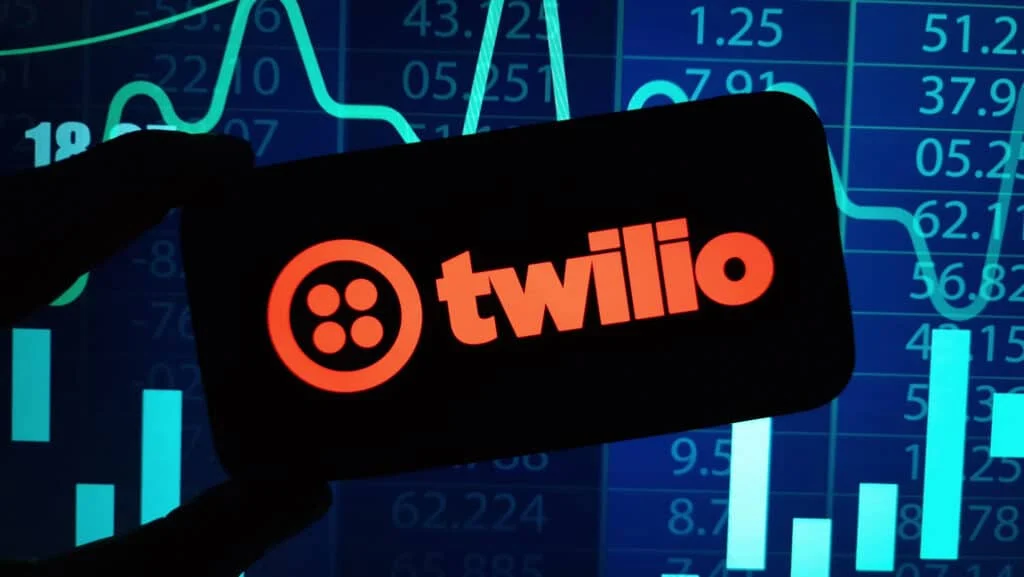The News: MinIO has announced a change to its commercial offering, rebranding the solution as MinIO Enterprise Object Store and adding an array of new enterprise-focused features. More information about MinIO Enterprise Object Store can be found on the MinIO website.
MinIO Announces Enterprise Object Store
Analyst Take: Up until now, MinIO has supported a single binary that was available as a free, open source version, as well as a commercial edition offering additional support. MinIO’s latest announcement changes this with the introduction of the MinIO Enterprise Object Store. MinIO’s commercial offering is now known as the MinIO Enterprise Object Store and has been separated from the standard, open source MinIO Object Store.
The new positioning is more than just rebranding or change in naming conventions. The MinIO Enterprise Object Store is now a separate binary that includes additional advanced features that meet enterprise requirements. New features include:
- A new observability suite that provides a collection of metrics, audit logs, error logs, and traces and provides visibility into all system components
- A built in Key Management System
- A firewall with support for TLS termination, load balancing, access control, and QOS capabilities at object level granularity
- Distributed shared caching capability using server DRAM to support high-performance workloads
- An Enterprise Console providing single-pane-of-glass management across all instances of MinIO
- Catalog capabilities to index and search objects
The new MinIO Enterprise Object Store is available with two SLA offerings – MinIO Enterprise Object Store Plus, designed for larger deployments and higher SLA requirements, and MinIO Enterprise Object Store Lite, designed for smaller deployments with less stringent SLA requirements.
This change demonstrates MinIO’s growth and commitment to supporting its large enterprise customers. MinIO has long been successful as a lightweight, container native, object storage system capable of supporting cloud native applications. Its availability as an open source solution has made it widely popular among the open source developer community, and the software has amassed a significant number of downloads. While this community-led growth is impressive, MinIO also has large-scale enterprise customers, which require more advanced functionality. By separating the commercial offering into a version with new enterprise features, MinIO is showcasing its ability to support larger, enterprise organizations with the robust features they require. The move positions MinIO well to compete as a highly scalable, performance-driven object storage solution, a market that is growing quickly due to the emergence of AI.
Disclosure: The Futurum Group is a research and advisory firm that engages or has engaged in research, analysis, and advisory services with many technology companies, including those mentioned in this article. The author does not hold any equity positions with any company mentioned in this article.
Analysis and opinions expressed herein are specific to the analyst individually and data and other information that might have been provided for validation, not those of The Futurum Group as a whole.
Other Insights from The Futurum Group:
Demystifying AI, ML, and Machine Learning
VAST Data Announces New Partnership with Genesis Cloud
Weka Partners with NexGen Cloud to Build Sustainable AI Supercloud
Author Information
Mitch comes to The Futurum Group through the acquisition of the Evaluator Group and is focused on the fast-paced and rapidly evolving areas of cloud computing and data storage. Mitch joined Evaluator Group in 2019 as a Research Associate covering numerous storage technologies and emerging IT trends.
With a passion for all things tech, Mitch brings deep technical knowledge and insight to The Futurum Group’s research by highlighting the latest in data center and information management solutions. Mitch’s coverage has spanned topics including primary and secondary storage, private and public clouds, networking fabrics, and more. With ever changing data technologies and rapidly emerging trends in today’s digital world, Mitch provides valuable insights into the IT landscape for enterprises, IT professionals, and technology enthusiasts alike.







